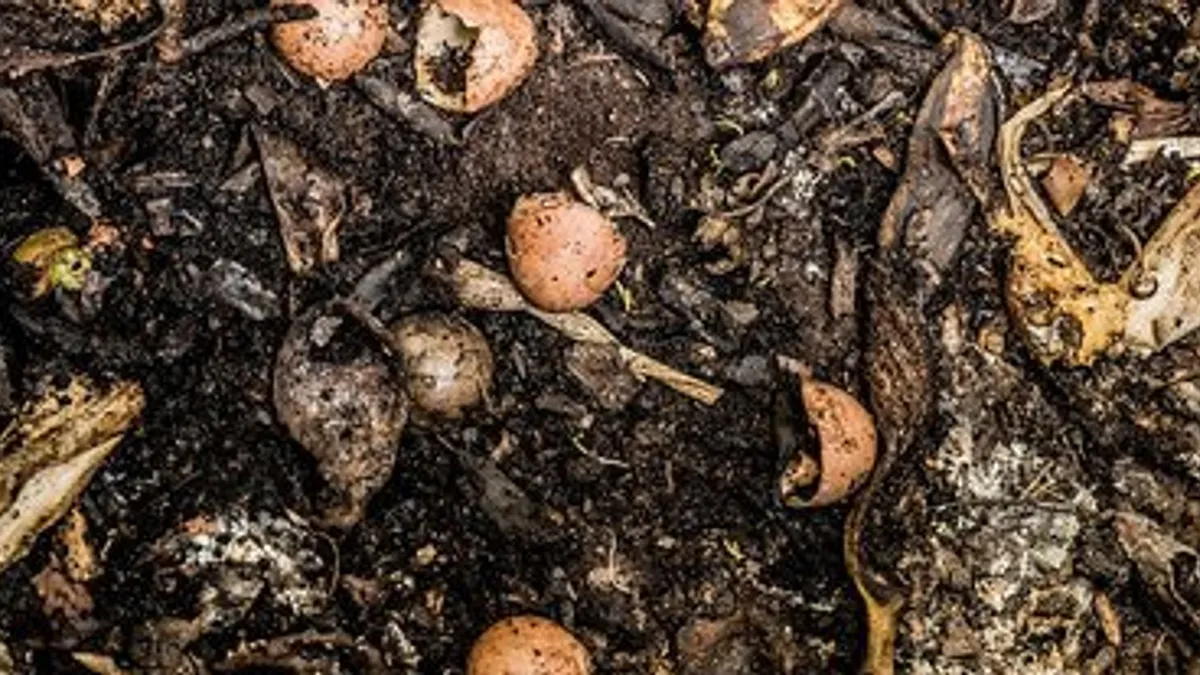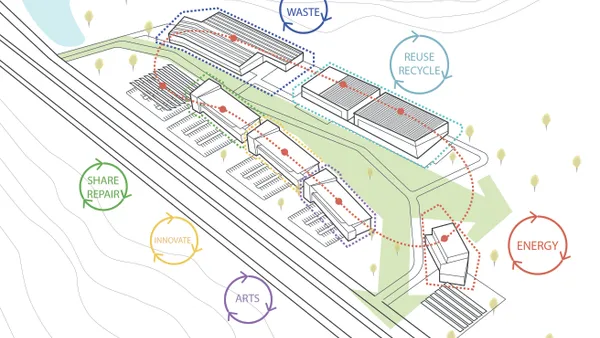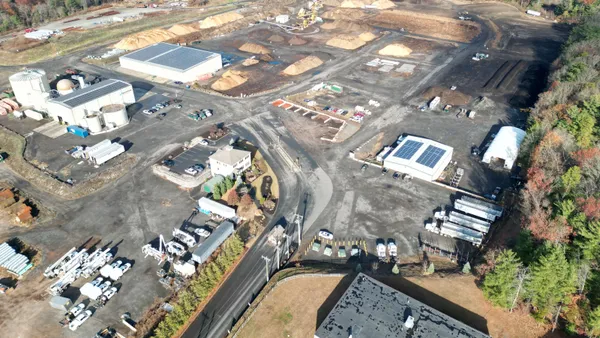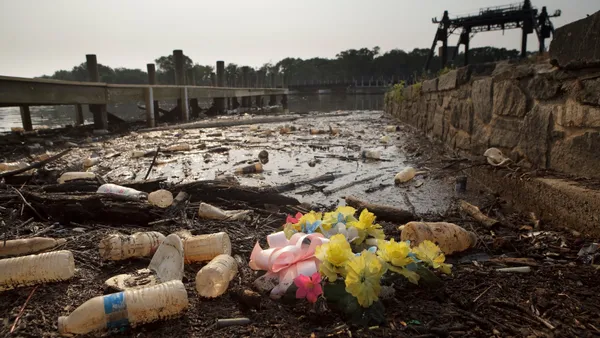Dive Brief:
- Patriot Acres' proposed composting facility outside of Des Plaines, IL received a key approval from the Cook County Board of Commissioners in a 13-2 vote during their May 10 meeting, as reported by the Chicago Tribune.
- Prior to this, both the Des Plaines City Council and Maine Township Board had passed resolutions against the project and some local residents had been vocally opposed. They feared that the 25-acre facility, which will be handling 90% yard waste, would create odors and other environmental issues. In response to these concerns, Patriot Acres agreed to certain conditions such as offering a complaint hotline, operating within set hours and abiding by a list of environmental requirements.
- Receiving county approval for this special use permit allows them to move forward in requesting approval from the Illinois Environmental Protection Agency and Metropolitan Water Reclamation District of Greater Chicago. Patriot Acres aims to be operational by October.
Dive Insight:
Located on a larger parcel that could also host gardens near a community college and the Archdiocese of Chicago, Patriot Acres' owners see it as a good fit for the area. The Illinois Food Scrap Coalition has also supported the project for its potential to help Cook County achieve long-term waste diversion goals. According to one of the company's owners, Matthew Smarjesse, the facility can also help fill a need for local organics processing infrastructure.
"There is a lot of composting infrastructure on the south side of Cook County, but the north side is lacking. Currently landscape material and food waste is transported anywhere from 30-60 miles outside of the region," he told Waste Dive, noting that their goal was to complement that market rather than fill it entirely. "We want to be the best operation, not the biggest."
Based on the Patriot Acres proposal, they seem to have avoided some of the common challenges that can cause odors at composting facilities. No meat will be allowed in the small portion of food scraps they plan to accept and their business model is focused more on selling quality finished compost rather than a tip fee-based volume approach. While the compost-focused model can also present challenges if markets aren't available for the material - as seen at the former Peninsula facility in Delaware - Smarjesse said multiple large customers have already expressed interest, such as the Archdiocese.
As multiple organics processing facilities have experienced, community engagement around potential odors and other concerns is often the key to smooth operations. Though when asked about any lessons learned around dealing with communities during the approval process, Smarjesse indicated that there might be another factor at play aside from the usual residential worries.
"The lesson learned would be to get your information out there before an activist group that's funded by a potential competitor reaches the residents first," he said. "Then it's an uphill battle after that."















